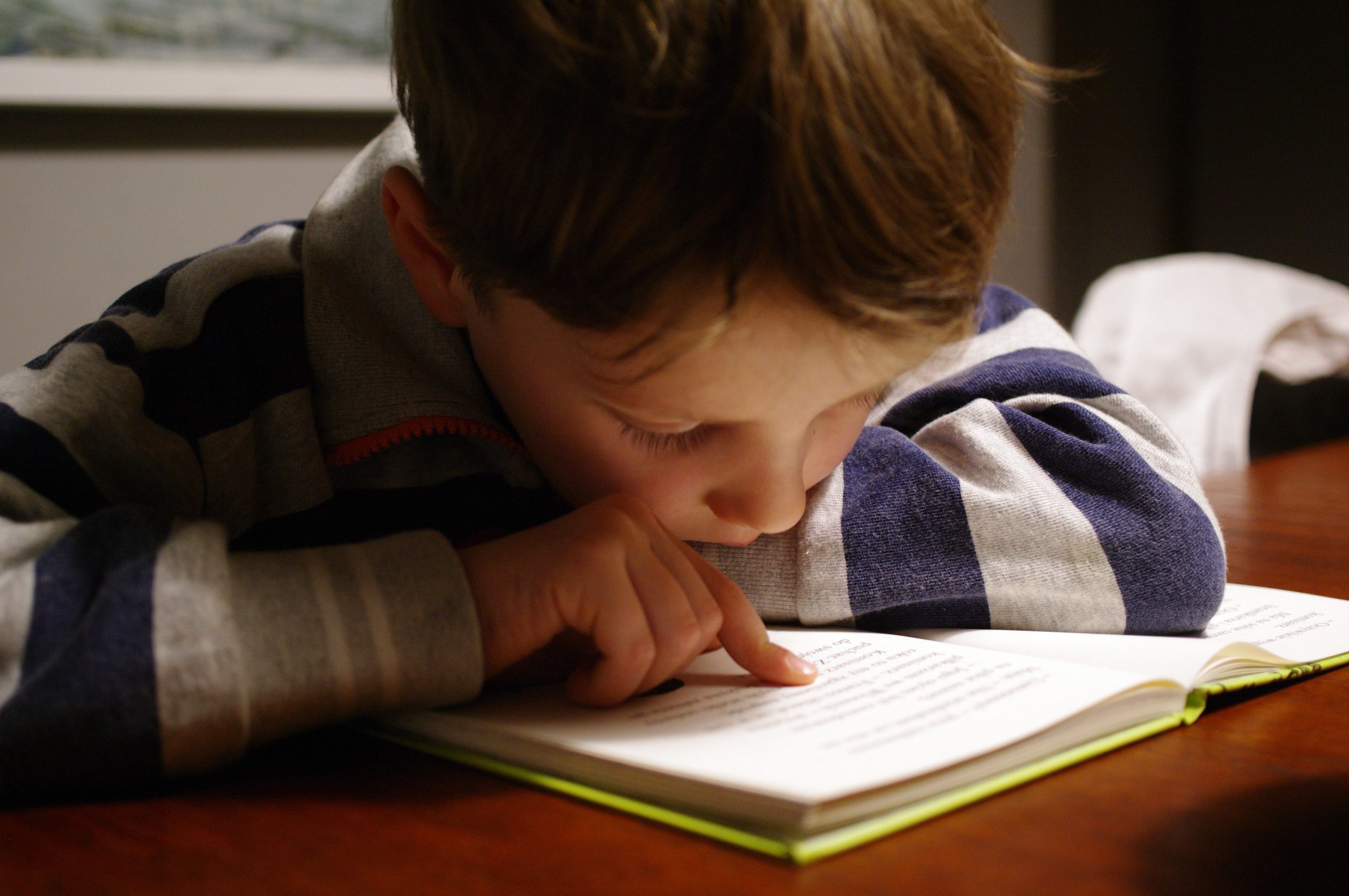Reading aloud to children can significantly help in boosting their resilience, according to a new study.
Conducted by researchers of the University of South Australia, the study was published in the journal, ‘Child Abuse & Neglect.’
The study focused on early primary-aged children, especially those at-risk, such as the children who had undergone neglect or abuse.
The study found that being read to at home was one of the most crucial predictors of resilience in children living in struggling family dynamics.
Also Read: Sleep apnea accelerates ageing, but treatment can reverse it: Study
While reading to kids at home is known to yield better academic results, the one-of-a-kind study discovers the role of reading in building resilience in children.
“Reading out loud can create many positive outcomes for children. As a shared experience between parent and child, it encourages connection, while also directly contributing to child development through exposure to words and stories,” said Professor Leonie Segal, the lead researcher of the study.
“Children in families that are struggling to create a nurturing environment will especially benefit from reading with a parent or carer, improving their resilience and keeping them developmentally more on track, despite their adversity exposure,” she added.
Also Read: Shift work may slow down brain function, lead to poor working memory: Study
“A good start to school is predictive of later outcomes, so it’s vital that we not only identify those at risk early on but also find ways to support children’s emotional, social and physical development before they start school,” suggested Segal.
Segal further elucidated how young boys are at a significantly higher risk of being “developmentally behind than girls”, thus requiring greater support.
Also Read: Tuning into music and auditory beat stimulation can lower anxiety: Study
“Our study found that boys had a much higher risk of being developmentally behind than girls, as did children living in remote or rural areas, and those with a physical, sensory, or learning disability. All these groups need far greater supports,” Segal said.
“Paying particular attention to boys, especially those who are victims of child maltreatment is critical. Encouraging parents to read to their boys while valuable, is not enough, the onus is on the education sector to identify other mechanisms to support boys,” she concluded.







